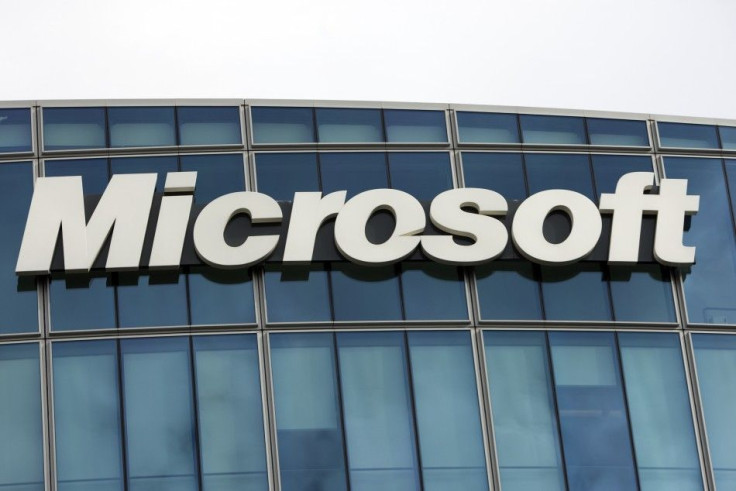Microsoft Plans to Say Goodbye to Windows XP

Microsoft continues its push to rev up sales for Windows 7 by putting an end date to the popular Windows XP software.
Stephen Rose, the IT community manager for Windows, stated that the 10-year old XP only has 1,000 days left of Microsoft support.
Windows XP is the operating system with a market-leading 51 percent of personal computers.
Wouldn't it be great if the glory days lasted forever? Rose asked. But reality is trophies get dusty, records are broken, and what it took to be the best ten years ago, just isn't enough for today's standards. Things get better, faster. And eventually, it's time to move from good enough to something much better.
Once those 1,000 days pass, Windows XP will be on its own and prone to more security risks. So if you want to keep your Windows XP after 2014 you certainly can, but risk viruses and other compute ailments.
Bottom line, PCs running Windows XP will be vulnerable to security threats after that date, Rose said.
Even though that date won't come to fruition until 2014, Microsoft executives may have their hands full. As XP continues to dominate the market with the 51 percent market share, Windows 7 just recently hit the 27 percent mark.
While the rise of Windows 7 is fantastic news for Microsoft, it still will be difficult to get consumers to move on from XP to Windows 7.
This news comes after Microsoft CEO Steve Ballmer announced at the Worldwide Partner Conference on Monday that Windows 7 had sold 400 million licenses. The operating system was released in 2009 and has been consistently growing in reach. According to Microsoft, the technology giant now sells seven copies of Windows 7 every second.
What will be interesting is what Microsoft plans to do once Windows 8 is released, which is expected in 2012. Some experts have questioned whether Windows 7 will be obsolete once Windows 8 comes out, but Microsoft employees have been steadfast that the two can cooperate with each other. Further, Microsoft said on Monday that users won't need to upgrade their Windows 7 PCs in order to use Windows 8.
In both of our Windows 8 previews, we talked about continuing with the important trend that we started with Windows 7, keeping system requirements either flat or reducing them over time, Microsoft corporate vice president of Windows Tami Reller said at the conference.
Windows 8 will be able to run on a wide range of machines because it will have the same requirements or lower.
© Copyright IBTimes 2024. All rights reserved.





















